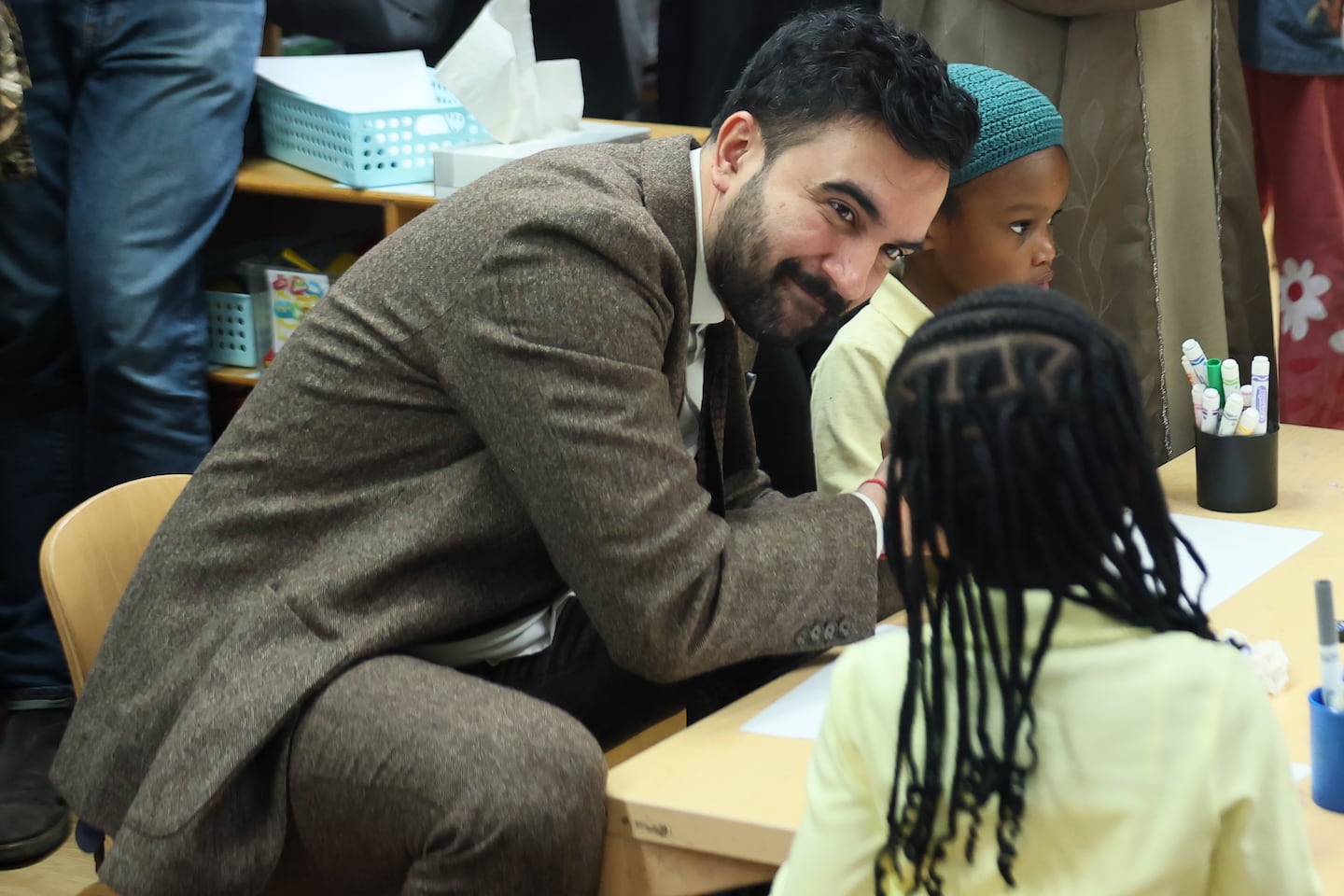In his Nov. 12 column on Mayor-elect Zohran Mamdani of New York, Jeff Jacoby warns of the so-called dangers of a democratic socialist in office (“How Mamdani’s democratic socialist creed will hurt New York City,” Opinion). But his argument highlights the undemocratic paternalism and authoritarianism that have infiltrated how many have come to view government.
Jacoby ruminates on the loss of citizen empowerment and a community-focused mind-set that has done great damage to American politics and culture, and I share those concerns. However, unlike Jacoby, I do not attribute the involvement of government to be the cause of these degradations.
Government is nothing more, or less, than an idea of people utilizing collective power to create a communal society and go farther together than would be possible alone. In a vacuum of collective power, exploitative forces such as idolatry or capital can easily manipulate individuals and congregate power toward their own purposes, without democratic input.
In the United States, inadequate government has permitted the concentration of power into private corporations through oligarchy and the unregulated exploitation of human needs.
Stronger citizen input through a democratic execution of government power would provide the opportunity for individuals to gain liberty from those domineering forces. Turning away from the idea of good government would remove their only recourse for collective input and action.
Supporting a realization of people’s unified strength through an expansion of participation and implementation of government can usher in a greater, community-driven society.
Samantha Fletcher
Boston
The Marxist slogan “From each according to his ability, to each according to his needs” is an empty promise that has never worked anywhere, except perhaps at gunpoint. Most wealth in the United States is earned wealth, not inherited wealth. Yet 50.5 percent of voters in the New York mayoral election seem to believe in the promise of free goods, paid for by confiscating assets from those who worked hard, sacrificed, and yes, perhaps got a little lucky along the way.
Watch as liberal media outlets protect the city’s next mayor when he backtracks from his empty promises, as is bound to happen.
Michael Mainelli
Foxborough
Zohran Mamdani’s election as New York’s mayor has been cited for offering an array of lessons for Democrats (“What Democrats can learn from Mamdani’s big night,” Opinion, Nov. 6; “The politics of trying,” Ideas, Nov. 9), but it also reveals something larger for all of us: how campus ideas migrate into our politics.
The worldview shaping his politics gained traction decades ago at Columbia University with Edward Said, the influential scholar whose concept of Orientalism cast the West and, by extension, Israel as an oppressive construct. Said’s protégé, Mahmood Mamdani, a long-time professor at Columbia, carried those ideas forward. His son, Zohran Mamdani, draws on that same language of decolonization, resistance, and liberation to mobilize supporters, with little accountability for how those theories play out in the real world.
The election of a mayor of the nation’s most Jewish city who refuses to affirm Israel’s right to exist as a Jewish state underscores how academic worldviews can reshape civic life — and why we must pay attention to where those ideas take us next.
Rachel Fish
Waltham
The writer, a cofounder of the group Boundless Israel, is special adviser on antisemitism to the president of Brandeis University. She holds a doctoral degree in Near Eastern and Judaic studies-Israel studies.
